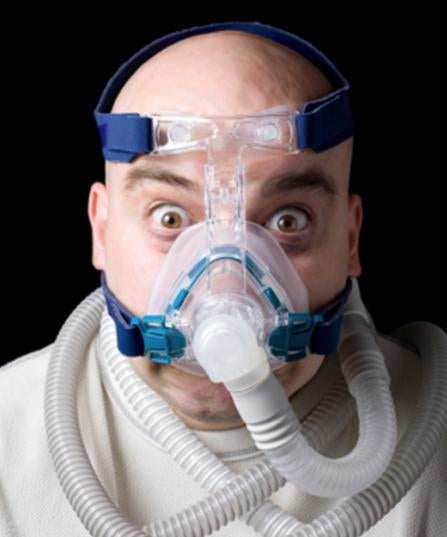
Sleep apnea is a sleep disorder characterized by repetitive pauses in breathing during sleep. These pauses, called apneas, can last for several seconds to minutes and occur up to hundreds of times per night. As a result, people with sleep apnea often wake up feeling tired and unrefreshed, even after a full night's sleep.
One of the major risks associated with sleep apnea is an elevated level of cholesterol in the blood. Studies have shown that people with sleep apnea are more likely to have high levels of LDL (bad) cholesterol, as well as lower levels of HDL (good) cholesterol. This can lead to an increased risk of heart disease, stroke, and other cardiovascular problems.
There are several possible explanations for the link between sleep apnea and high cholesterol. One theory is that the repeated pauses in breathing during sleep apnea cause the body to release stress hormones, such as cortisol and adrenaline. These hormones can increase inflammation in the body and contribute to the development of heart disease.
Another theory is that sleep apnea can lead to insulin resistance, a condition in which the body's cells do not respond properly to insulin, leading to high blood sugar levels. Insulin resistance can also contribute to high cholesterol levels.
Treatment for sleep apnea typically involves using a device called a continuous positive airway pressure (CPAP) machine to help keep the airway open during sleep. This can help reduce the number of apneas and improve the quality of sleep. Lifestyle changes, such as losing weight, avoiding alcohol and sleeping on your side can also be helpful in managing sleep apnea.
If you are experiencing symptoms of sleep apnea, such as loud snoring, choking or gasping during sleep, or excessive daytime sleepiness, it is important to see a doctor for evaluation. They may refer you to a sleep specialist or pulmonologist for further evaluation and treatment.
While managing sleep apnea through CPAP or lifestyle changes can help reduce cholesterol levels, it is also important to maintain a healthy diet and exercise regularly. This can help to lower cholesterol levels, as well as reduce your risk of heart disease and stroke.
In conclusion, sleep apnea is a serious sleep disorder that can have a significant impact on overall health. It is associated with an increased risk of high cholesterol, which can lead to heart disease and stroke. If you suspect you may have sleep apnea, it is important to see a doctor for evaluation and treatment. Managing sleep apnea and maintaining a healthy lifestyle can help reduce cholesterol levels and improve overall health.

